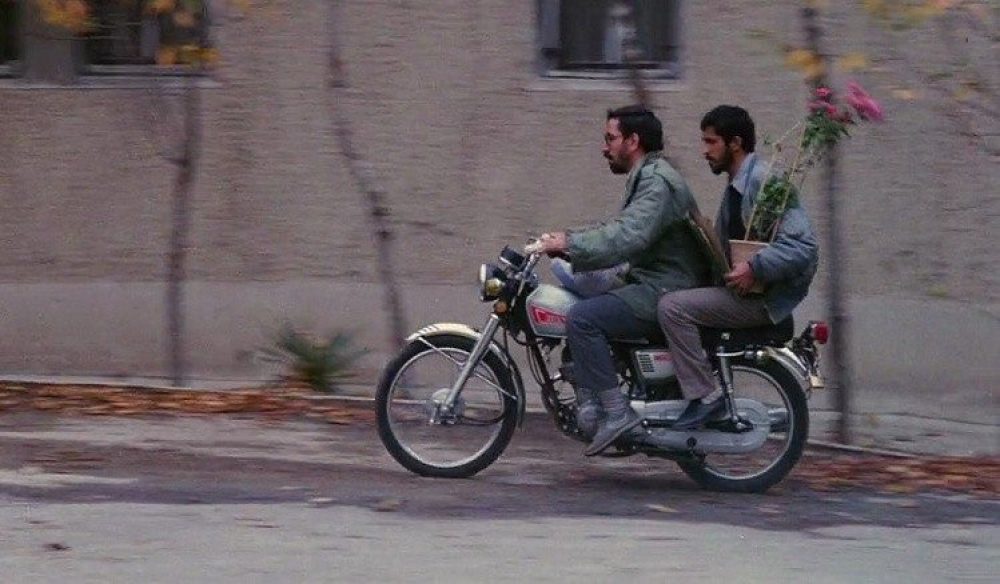The idea that most prominently constitutes intellectual “modernity” is the straying from the idea that truth is both objective and local. European and other “Western” countries became ideologically “modern” when these countries strayed from the belief that truth is absolute rather than relative, for example, and that the pre-Enlightenment European model of God is indeed the only true model of God. Today, most Europeans and other “Westerners” do not believe in absolute truth (that is, truth being objective) and the pre-Enlightenment European model of God (that is, truth being local). This personal definition of “modernity” necessitates the existence of a “traditional” or “pre-modern” view because it assumes that before a society believes in subjective, global truth, it believes in the opposite – objective, local truth. Although this definition does create an “other” category, I do not think this is problematic because this category neither uplifts nor downgrades the “traditional” society – it is merely a different mode of thinking, not a less intellectual one.
In “The Grocer and the Chief,” the grocer represents Balgat’s beginning transition into modernity, and the chief represents the traditional view. For the chief, all that needs to be known is inside his village. Any outside view (as projected through the one radio on page 50) must be filtered through the objective and honorable local view of Balgat, which constitutes the chief’s sermon-like commentary after each radio listening session. The grocer’s eagerness to leave Turkey (page 50) says that he believes that truth is not to be found within Balgat, but rather in the outside world at large.

Last Muhtar of Balgat; First Sartre of Balgat | Iran, Islam, and the Last Great Revolution Fall 2018
I’m curious about the idea that truth was previously considered objective and local. If it were objective, wouldn’t it necessarily be true universally?